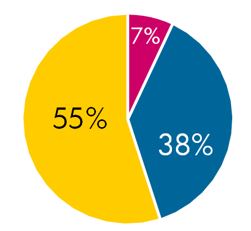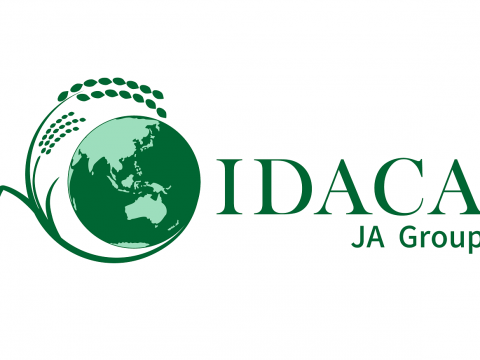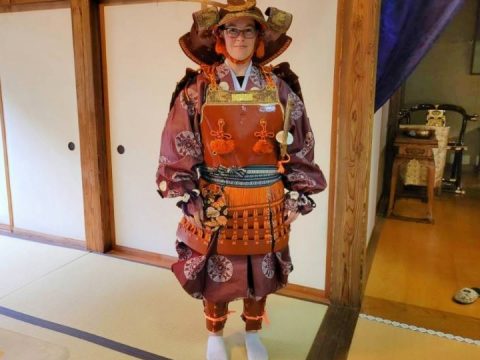3 More Useful Information to Prepare for a Job Interview in Japan
WORK’IN JAPAN
23.07.2018
Hello everyone!
This is Step 3-2 for the five steps to working in Japan!
Taking lots of time to prepare for the interview in advance can help you secure a job offer.
Last time we were talking about 3 tips for your interview but taking lots of time
to prepare for the interview in advance can help you secure a job offer
so let us share about 3 more useful information for your successful job interview this time as well!
*References (previous articles)
・5 steps for working in Japan
:https://wa-shoku.info/5-steps-for-working-in-japan/
・STEP1~Make Resume!~
:https://wa-shoku.info/step%EF%BC%91%EF%BD%9Emake-resume%EF%BD%9E/
・STEP2~Apply~
:https://wa-shoku.info/step-2-%EF%BD%9Eapply%EF%BD%9E/
:https://wa-shoku.info/__apply2/
・STEP3~Interview~
: https://wa-shoku.info/step-3-3-tips-for-interview-success/
1. Mehrabian’s rule
Do you know “mehrabian’s rule”?
Mehrabian is a psychologist who did groundbreaking research on human communication.
His research focused on the relative importance of verbal and nonverbal messages in human communication.
He found what is now used as a truism or rule in the world of public speaking.
Mehrabian’s general rule on the relative importance of visual (our body language),
vocal (our voice and how we use it) and the content (the words we use).
His scientific studies showed the a hierarchy of importance in human communications as detailed below:
-
55% = Visual – Your Body Language
-
38% = Vocal – Your Voice
-
7% = Verbal – Words you use
2. Result of the questionnaire survey

Interestingly, Japanese companies say same thing in a questionnaire survey.
~Contents of the questionnaire survey~
Q1. Did the first impression change in an interview?
・Didn’t change till the end of the interview:60.8%
・Changed:17.5%
Q2. Is the first impression directly result in employment?
・Yes :72.2%
・No : 27.8%
As you see, visual and voice are more important than what you say.
So if you are worried about whether you can speak and express your feeling in Japanese,
it might be good to know this theory. What I want to say is “Be Confident!”
3. Some questions frequently asked at interviews
The best way to get ready for an interview is to take the time to review the most common interview questions
you will most likely be asked.
You don’t need to memorize an answer, but do take the time to consider how you’ll respond.
The more you prepare, the more confident you’ll feel during a job interview.
(1) Previous work history
・Convey in concrete terms the details of your work responsibilities and how your work contributed to your previous employer. You should also explain how your current skills and experience could be useful to your prospective employer, as well as how you devise solution to work problems.
(2) Reasons for changing (or leaving) your job
・Don’t use negative phrases or express dissatisfaction with your previous employer.
(3) Reasons for wanting this job
・Enthusiastically convey your reasons for wanting this job, and express how you wish
to make good use of skills you have learned previously.
To do so, remember to research both the industry and the company before the interview.
(4) Your deal future career
・Make a positive impression about how you would like to work if you were to join the company,
while keeping in mind the direction in which the company is heading.
Be sure also to convey your ability to strive to achieve your goals.
(5) Experiences of success and failure at previous jobs
・With your experiences of success, be sure to explain in concrete terms why you succeeded.
・With your experiences of failure, be sure to explain how you took action afterward
and what you learned from the experience.
(6) Ability to use Japanese, English, and other languages
・If you have used any of these languages in the workplace, be sure to state this specifically
e.g.) “I have used Japanese to offer telephone and email support.”
“I have explained products to clients in English” etc.
(7) Seeking positions with other employers
・There is no need to state specific company names,
but if you are seeking work with multiple prospective employers, you should convey this honestly.
Even if the interviewing company is not your first preference, you should give an impression of eagerness.
If it is your first preference, you should earnestly and clearly state the reasons why you place this company first.
Conclusion
There are a great number of practical steps you can do to prepare for a job interview.
By following the advice in this article and previous article, you will be better prepared
and more confident for your interview. Good luck!










